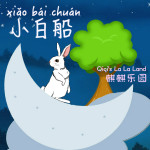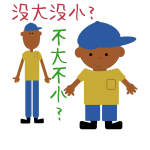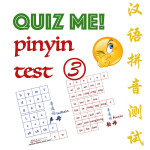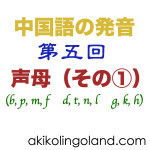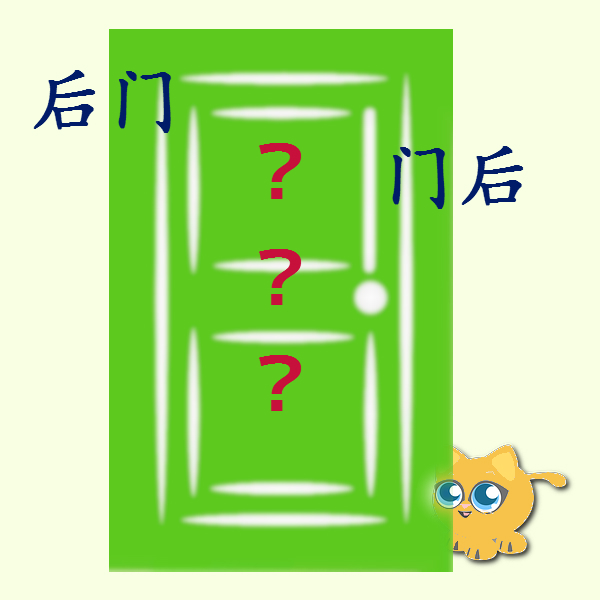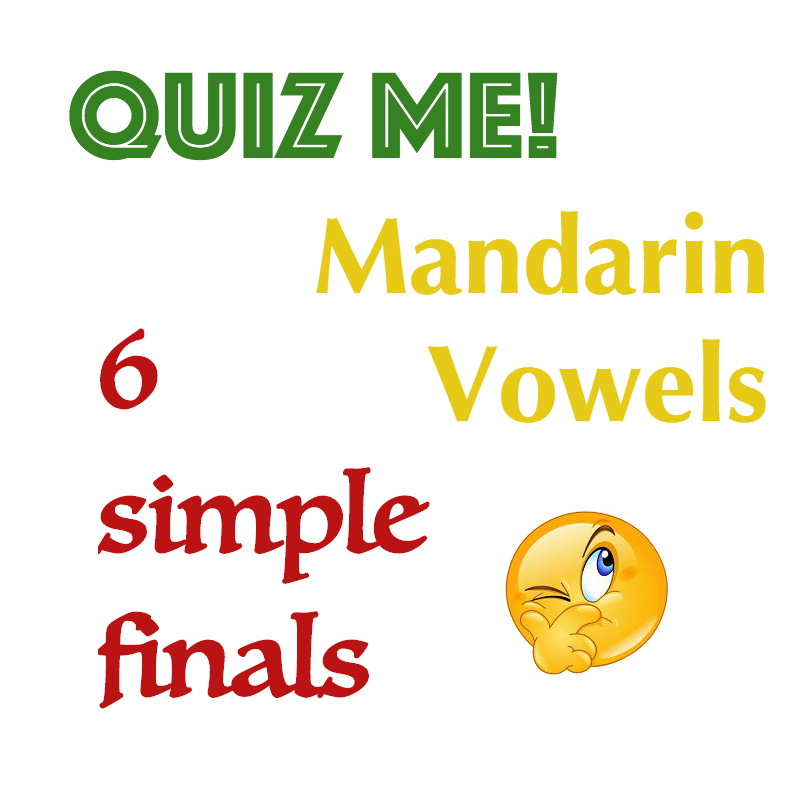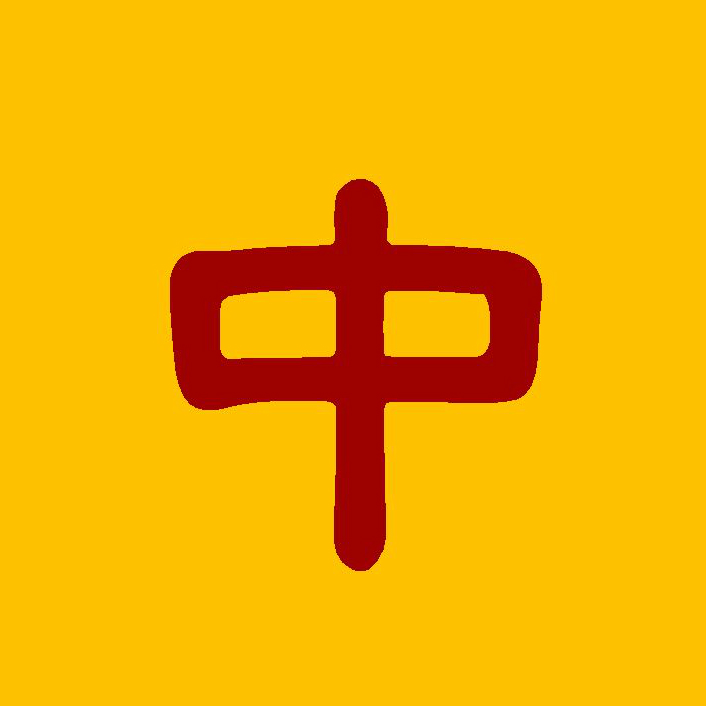We’ll first have a look at some of the words in the song.As usual, there will be a normal version and a slow version of the recordings.
1) 客人 kèrén – visitor, guest
01a keren
Eg:
Jīntiān jiāli lái le hěn duō kèrén.
今天家里来了很多客人。
01b jintian lai le keren
Jīntiān – today
jiāli – home
lái – to come
le – aspectual particle to indicate completion of action
hěn – very
duō – many
kèrén – guest
We had many visitors today.
2) 看 kàn – visit
02a kan
Eg:
Huí Rìběn de shíhou wǒ yídìng qù kàn nǐ.
回日本的时候我一定去看你。
02b hui riben de shihou
Huí – to return
Rìběn – Japan
de – structural particle used to link an attributive to a noun
shíhou – time
wǒ – I
yídìng – definitely
qù – to go
kàn – to visit
nǐ – you
I’ll definitely go to visit you when I return to Japan.
Tīngshuō tā bìng le, wǒmen qù kànkan tā ba.
听说他病了,我们去看看他吧。
02c tingshuo ta bing le
Tīngshuō – to be told, to hear of
tā – he, him
bìng – to be sick
le – modal particle to indicate change or emergence of new situation
wǒmen – we
qù – to go
kànkan – to visit (verb reduplication)
ba – modal particle to express command, request, consultation or proposal
I hear that he’s sick, let’s go and visit him.
3) 请 qǐng –
03a qing
a) please
Eg:
Refer to 4), 5), 7) & 9)
b) to invite, to entertain, to give a treat
Eg:
Tā chángcháng qǐng péngyou chī fàn.
他常常请朋友吃饭。
03b qing chi fan
Tā – he
chángcháng – often
qǐng – to give a treat
péngyou – friend
chī – to eat
fàn – rice, meal
He often treats his friends to meals.
4) 坐 zuò – to sit
04a zuo
Eg:
Qǐng zuò!
请坐!
04b qing zuo
Qǐng – please
zuò – to sit
Please have a seat.
Wǒmen zuò zhèr ba.
我们坐这儿吧。
04c zuo zher ba
Wǒmen – we
zuò – to sit
zhèr – here
ba – modal particle to express command, request, consultation or proposal
Let’s sit here.
5) 喝 hē – to drink
05a he
Eg:
Qǐng hē chá.
请喝茶。
05b qing he cha
Qǐng – please
hē – to drink
chá – tea
Please have some tea.
Nǐ xiǎng hē shénme?
你想喝什么?
05c he shenme
Nǐ – you
xiǎng – (optative verb) to want (to do something)
hē – to drink
shénme – what
What would you like to drink?
And here are some more expressions related to receiving guests.
6) 欢迎 huānyíng – welcome
06a huangying
Eg:
Huānyíng huānyíng!
欢迎欢迎!
(verb reduplication)
Welcome!
06b huangying huanying
Huānyíng nǐ lái wǒ jiā wánr.
欢迎你来我家玩儿。
06c huangying lai
Huānyíng – welcome
nǐ – you
lái – to come
wǒ – I, me, my
jiā – home
wánr – to play, to have fun
You’re welcome to visit me. / Do come and visit me.
7) 进 jìn – to enter
07a jin
Eg:
Qǐng jìn!
请进!
07b qing jin
Qǐng – please
jìn – to enter
Please come in.
Jìnlai ba!
进来吧!
07c jinlai
Jìn – to enter
lai – come (here it is not a verb, but a directional complement indicating that the action moves towards the speaker)
ba – modal particle to express command, request, consultation or proposal
Come in!
8) 倒茶 dào chá – to pour tea
08a dao cha
Eg:
Gěi kèrén dào chá ba.
给客人倒茶吧。
08b dao cha ba
Gěi – (preposition) to, for
kèrén – guest
dào – to pour
chá – tea
ba – modal particle to express command, request, consultation or proposal
Serve the guest some tea.
9) 慢用 mànyòng* – enjoy (the food/ drink)
09a manyong
Eg:
Qǐng mànyòng.
请慢用。
09b qing manyong
Qǐng – please
màn – slow
yòng – (honorific) to eat, to drink
Enjoy your meal./ Help yourself.
10) 慢走 mànzǒu* – goodbye
10a manzou
*You can think of ‘mànyòng’ and ‘mànzǒu’ as set expressions. Since ‘màn’ means slow, ‘mànyòng’ is used when asking someone to enjoy his meal, or literally, to eat slowly. ‘Zǒu’ means to leave (a place), so when someone is leaving, you can say ‘mànzǒu’ to him. The literal meaning is ‘to walk slowly’, so it is supposed to mean something like ‘take care’, ‘see you again’. Take care, though, not to use it when you are the one leaving!

